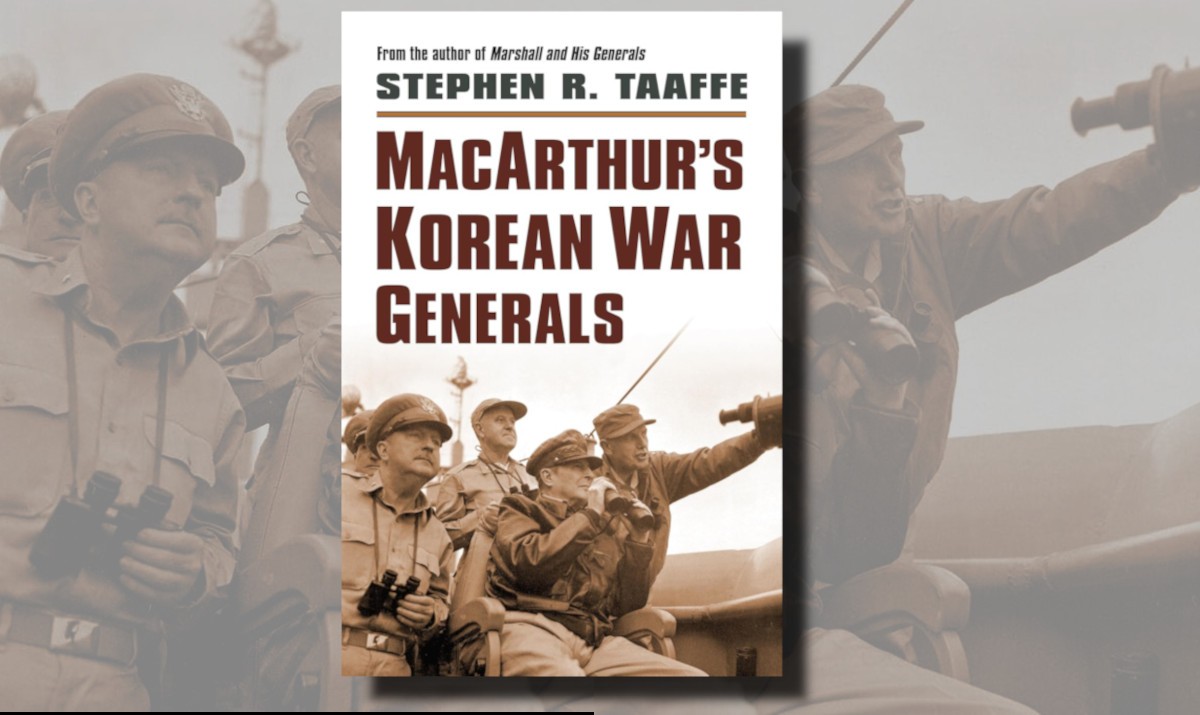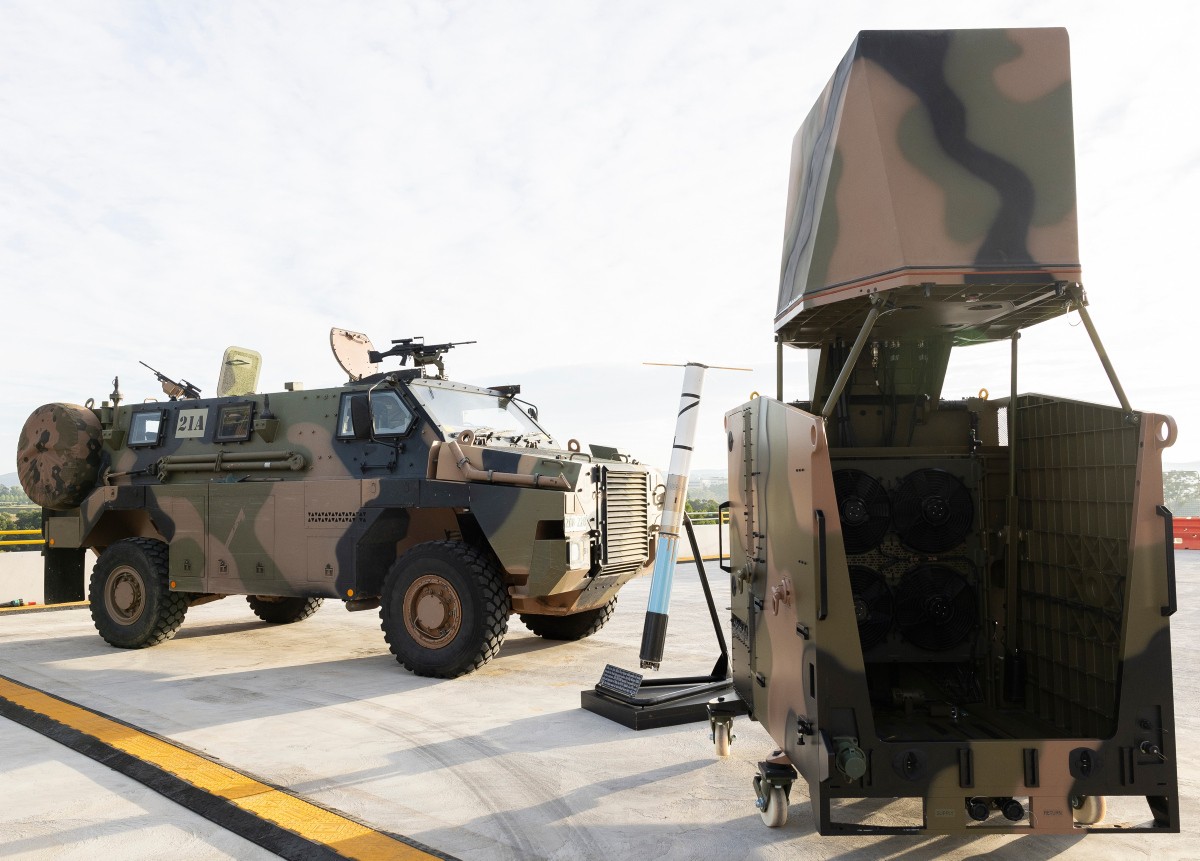Leading a Resilient Force: Insights of an Australian General
Many of history’s great armies have distinguished themselves by demonstrating superb individual and organisational resilience. From Field Marshal Sir William Slim’s Fourteenth Army in Burma, which snatched victory from the jaws of defeat during the Second World War, to the 39th Battalion which prevailed over a tenacious Japanese Army on the Kokoda Track, or the actions of I Anzac Corps at Pozieres on the Western Front during the First World War, resilience has played a decisive role in achieving victory.
While many factors will ultimately contribute to victory or defeat, the ability to adapt, recover and thrive in the face of adversity and challenge has been remarkably evident in many of the successful outcomes I have observed throughout my career. Conversely, I have seen a lack of resilience contribute to poor military results on more than one occasion.
Military organisations fill a unique and exceptional role that is quite unlike the other elements of government or society. This role requires a capable and resilient defence force with the ability to achieve the strategic defence objectives assigned to it by the government. The unique nature of military service, however, means that resilience is just as important during training as it is on operations.
While resilience involves behaviour, thoughts and actions that can be learned and developed, the reality is that resilience is not equally inherent in every person or organisation, nor is it institutionalised as a foundation of service in the Army.3 For these reasons alone, it is incumbent on the Army’s leaders to work every day to build resilience in its individuals, teams and organisations.
This paper will position resilience in this leadership framework by describing the importance of individual, team and organisational resilience within my own command experiences through almost 40 years of military service. It will contend that resilience can be developed through improved understanding and training design, and it will review the progress of resilience enhancement in Forces Command in recent times. In so doing, this paper will explain why resilience features so prominently in my own command philosophy.
| Attachment | Size |
|---|---|
| 161107_gilmore_resilient.pdf (2.56 MB) | 2.56 MB |
Publication Date



